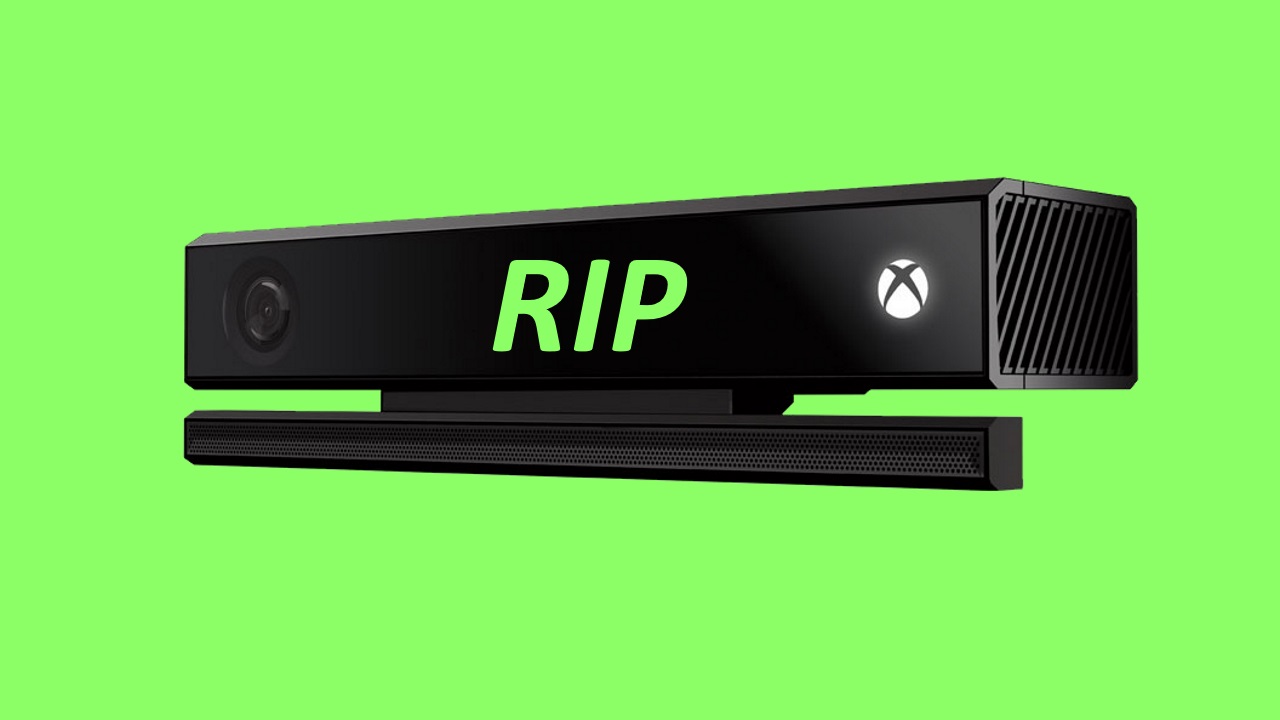Goodbye, Kinect: Microsoft officially ends manufacturing for the Xbox One sensor

Just shy of seven years after the first Kinect was sold, manufacturing for the Xbox One Kinect Sensor has officially ceased. Microsoft revealed the news via an interview with Fast Company. It's a quiet end for the motion-tracking, face-identifying, voice-recognizing sensor that Microsoft once held up as the future of play, and then as a primary interaction method for its all-in-one entertainment solution.
Kinect was first sold as an accessory for Xbox 360 in late 2010. Microsoft encouraged developers both internal and external to create a broad selection of games for the device; they were even sold in distinct purple plastic boxes, contrasting with the standard bright green design. With Xbox One it went even further, initially bundling a Kinect sensor with every system sold and dedicating a portion of their resources to running Kinect at all times. Microsoft walked that commitment back a year later and Kinect has been fading ever since; both Xbox One S and the upcoming Xbox One X require an extra USB adapter to even plug in a Kinect sensor.
Kinect's motion and voice controls were frequently divisive with players, and that was only when there were games to play that actually supported Kinect. The last big Xbox One game to make substantial use of Kinect support was, uh… Just Dance 2017? At least the technology at the heart of Kinect continues in many other forms; the Fast Company article notes that the sensor lives on as the the eyes of Microsoft's augmented reality project HoloLens. Not to mention the firm that first licensed Kinect's 3D tracking technology to Microsoft was bought out by Apple to power iPhone X's front camera.
If you need something to fill the Kinect-shaped hole in your heart, try perusing our list of the best Xbox One games.
Sign up to the GamesRadar+ Newsletter
Weekly digests, tales from the communities you love, and more
I got a BA in journalism from Central Michigan University - though the best education I received there was from CM Life, its student-run newspaper. Long before that, I started pursuing my degree in video games by bugging my older brother to let me play Zelda on the Super Nintendo. I've previously been a news intern for GameSpot, a news writer for CVG, and now I'm a staff writer here at GamesRadar.



